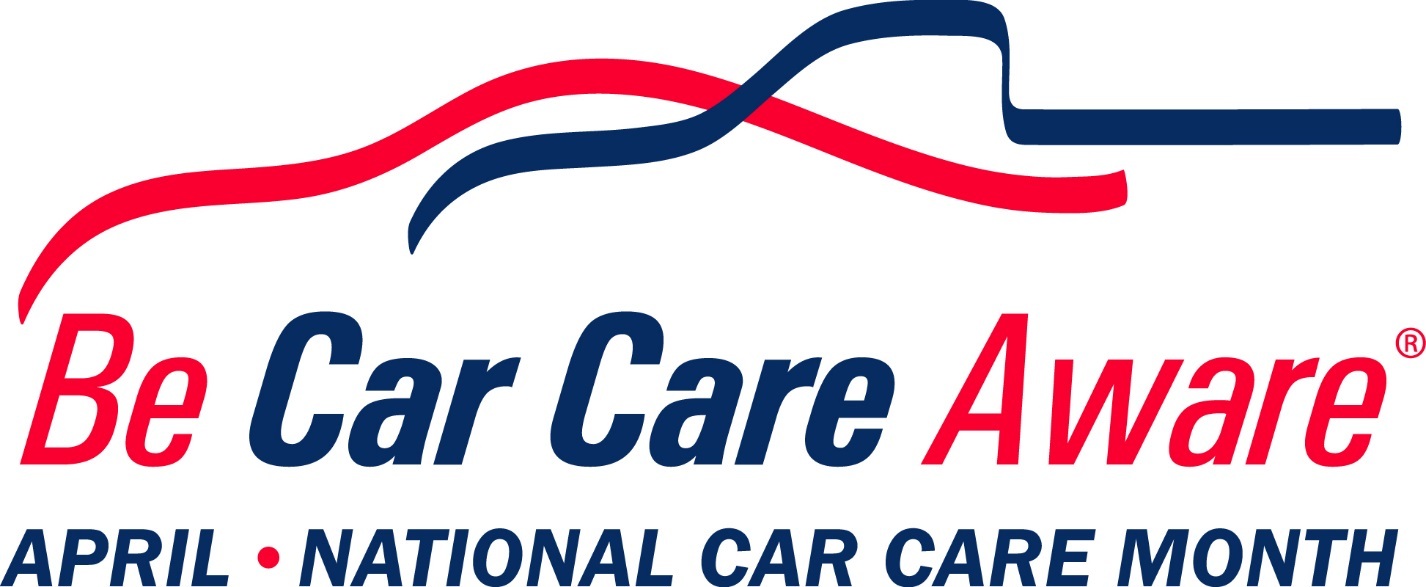
Car Care maintenance is a hot topic every spring as April is car care month. Many car owners may not realize this, those who do not also probably do not realize that many business owners hold free car care clinics and events at community events and at their shops. The month of April is the perfect time to spruce up your car and find out what needs fixing. Taking care of small service needs must be addressed before unplanned and more costly repairs and car trouble occur. The Car Care Council reports that 80% of cars are in need of service, repairs and a new part, each spring drivers come to this realization at Car Care Month events. Furthermore, of the eighty percent in need of service, at least one part of the car failed one part of emissions testing. Below are some basic procedures recommended by the Car Care Council to keep your vehicle in prime condition and operating to the best of its potential.
Check Filters, Fluids and Oil
Your car’s oil should be checked every time you fill your gas tank and changed in recommended intervals listed in the car’s owner’s manual. Coolant, windshield washer fluid, power steering, transmission and brakes also must be checked on a regular basis. Filters need to be replaced from time to time, the fuel system, transmission and interior ventilation all have separate filters that must be monitored by car owners.
Hoses
Each time you get an oil change, the hoses should be checked and replaced whenever they have become brittle, cracked, swollen, rusted or have started leaking. Check your V-belts and serpentine belts, sometimes they may become loose and worn down at which point you should replace them.
Brakes and Battery
The brakes on a vehicle are a maintenance priority, check the brake system yearly and each time you get an oil change make sure to have the drums, brake linings and rotors inspected. The battery should also be tight, free of corrosion and clean. Also make sure the battery is mounted securely and if the battery is three or more years old, it should be tested and replaced if need be.
Exhaust system and HVAC
The exhaust system also needs to be inspected, make sure there is no leakage, damage or unusual noise. A leaking exhaust system is potentially dangerous and must be addressed as soon as possible. The car’s air conditioning, heating and ventilation system should also be checked so that your ride will be comfortable and capable of defrosting if necessary.
Steering and Suspension
The suspension and steering system should be checked at least once every year, things like chassis parts, struts, shock absorbers and other components must all be in working order.
Lights
The interior and exterior lights should be checked, if the bulbs are not working make sure to replace them immediately as this presents a safety hazard. Windshield wiper fluids meanwhile should be replaced every six months or whenever they become worn and damaged.
Tire Pressure
Tire pressure should be checked on a monthly basis, including your spare. Don’t forget to check the tire thread, irregular wear and cuts along the sidewalls has an effect on performance and safety. The alignment should be checked yearly, National Car Care month is an ideal time to do so and you may even be able to have them checked for free at one of the month’s free clinic events. Alignment effects tire wear and fuel economy and is thus very important.
Lastly, schedule a spring tune up so that your car will perform better. A tune up helps fuel economy, balance of power and lower emissions levels.